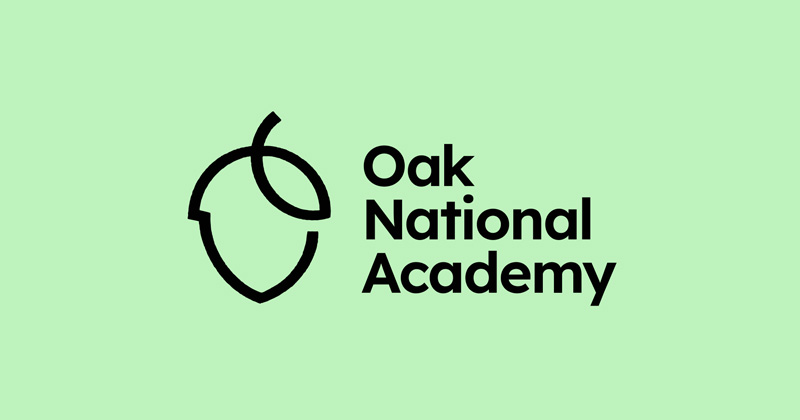Oak should ditch its “national academy” title to “shift perceptions that it is a means to impose a government-favoured pedagogy”, an independent review of the quango has found.
A separate market assessment report, also published today, reveals the government quango has impacted the domestic ed tech market, with competitors losing out on investment since its launch.
After the Oak National Academy was set up as an arm’s length body three years ago, bodies representing ed tech and publishing firms started judicial review proceedings amid concerns it posed an “existential risk” to them.
They estimated its impact on their members would amount to a more than £60 million hit across English, maths and science resources alone. The proceedings were later paused.
Remove ‘national academy’
An independent review, led by LocatED CEO Lara Newman, of the body published this morning noted Oak “has faced significant headwinds”.
These have hindered it from raising awareness of its new offer and taking “on the system leadership role [originally] envisaged”.
Newman suggested a “refresh of the Oak branding and website, including potentially the removal of the ‘National Academy’ name, would reinforce [its] evolution”.

“We believe removing the ‘National Academy’ branding could help to shift perceptions of Oak being a means to impose a government-favoured pedagogy,” the report said. “This could also counter some lingering misconceptions that Oak has been established as an academy trust.”
She told the DfE to also review Oak’s “marketing and communications budget to ensure it is sufficient to deliver really good quality, consistent and engaging interactions with all potential user groups”.
Newman said the quango “already operates on a lean model” but said “a small level of further investment is necessary” to maximise the benefit of its “significant assets” and “increase the [government’s] return on investment”.
The upcoming curriculum review and senior departures, including chair Sir Ian Bauckham set to leave, “provides an opportunity to work with the outcomes of this report and reposition the organisation and its strategic aims”.
This includes helping reduce any workload caused by recommendations from the curriculum review.
Give Oak RSE role
The report added: “Having invested in the development of high-quality materials, the DfE should now demonstrate confidence in this offer and ensure that Oak is appropriately resourced to promote it to ensure maximum value for money through wide and diverse use.
“More work is needed both to maximise the positive impact of the high-quality resources already paid for and available, and to fully realise the ambitions of the original business case.”
Newman also recommended Oak should “release materials on relationships, sex and health education as soon as new statutory guidance is available” and to “significantly refresh” parts of its website to make them “more engaging” for pupils.
It should also work on understanding the needs of teachers from settings including alternative provision and hospital schools to “identify any gaps in support”.
Government should consult with the foreign office “on the possibility of embedding Oak resources in appropriate international development interventions”.
Ditch ‘stretching’ materials aim
But it should remove providing “stretching materials” for teachers and pupils from its strategic aims. Oak should also “seek agreement” from curriculum partners to “display their branding more prominently on lesson resources they have developed”.
LocatED, the body Newman leads, was launched by DfE eight years ago as another arm’s body to procure sites for new free schools. But earlier this month ministers announced it will be absorbed by the Department for Education by April 2026.
This came after the Cabinet Office launched a review of all arm’s length bodies across government earlier this year.
The DfE market assessment report, also published today, revealed Oak’s establishment has already hit rival firms – with its impact expected to increase further.
Oak impact revealed
“Oak has had a modest impact on the domestic curriculum resources market as it has likely impacted the investment decisions of commercial suppliers, leading to a reduction in investment in the domestic market,” the report said.
“[It] has had a modest impact on the domestic curriculum resources market as it has likely impacted the investment decisions of commercial suppliers, leading to a reduction in investment in the domestic market.”
The report added “usage has increased greatly” following the release of Oak’s “first cycle of new resources”. DfE “believes this increase is likely to have a greater impact on the market going forward”.
The British Educational Suppliers Association and the Publishers Association, the organisations that launched the judicial review of Oak, said they have “significant concerns about the recommended direction of travel” detailed in the reports.
They “will seek dialogue with the department and will publish a full statement on the issue in due course”.















Your thoughts